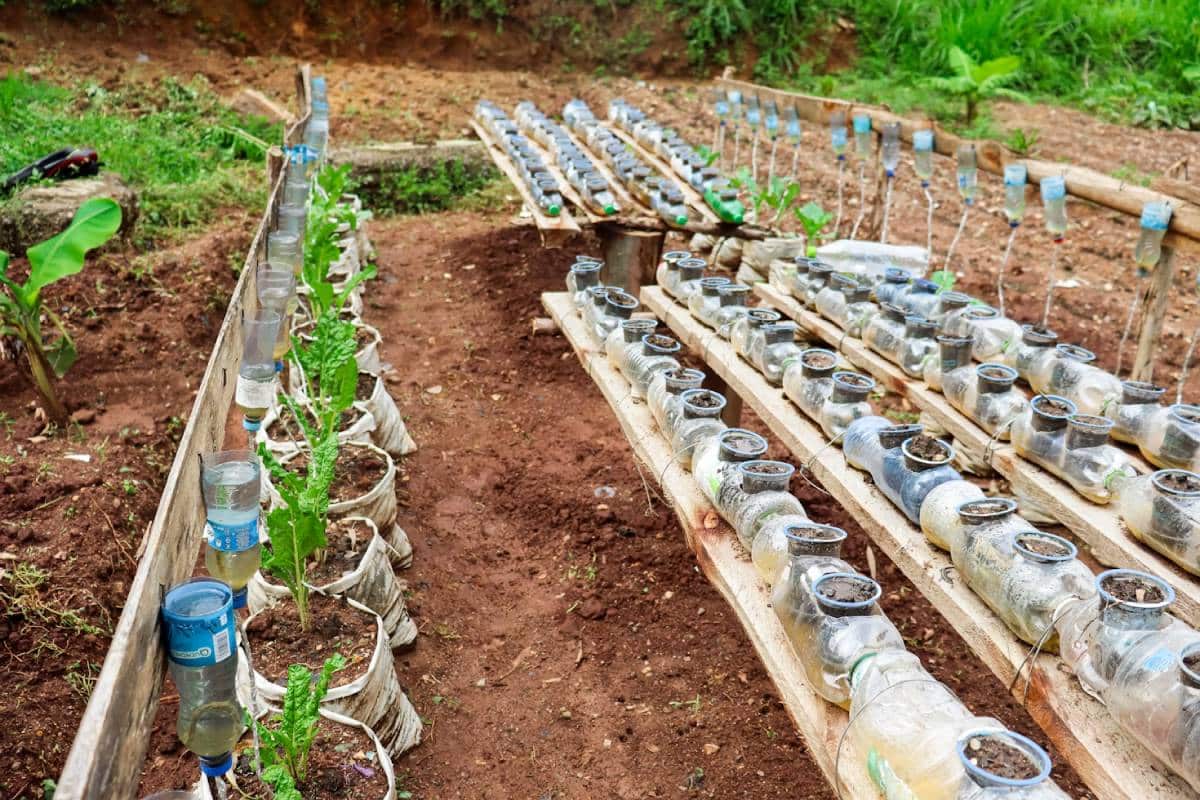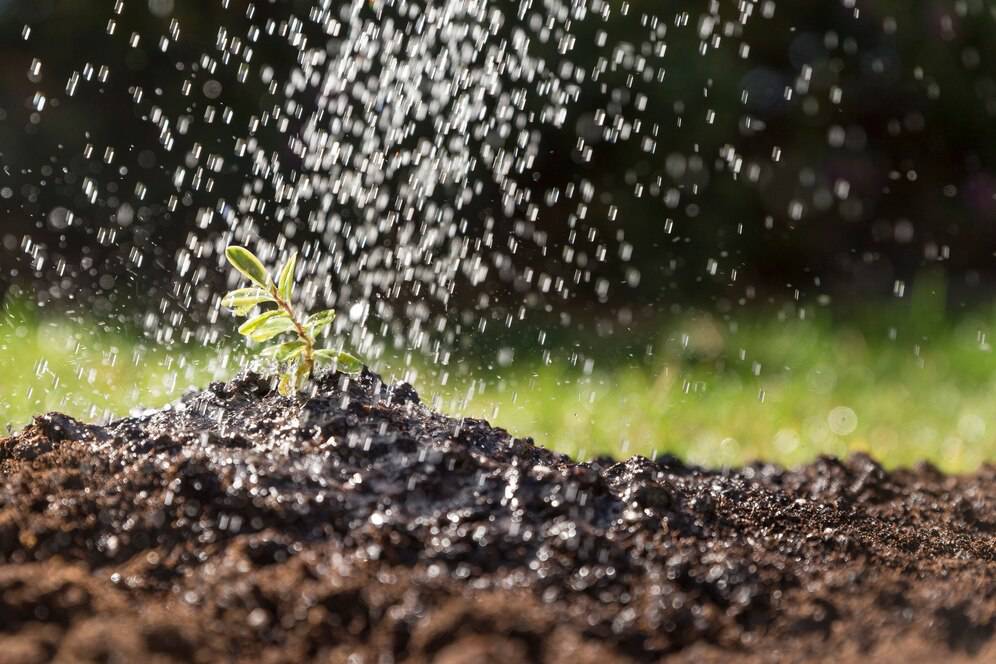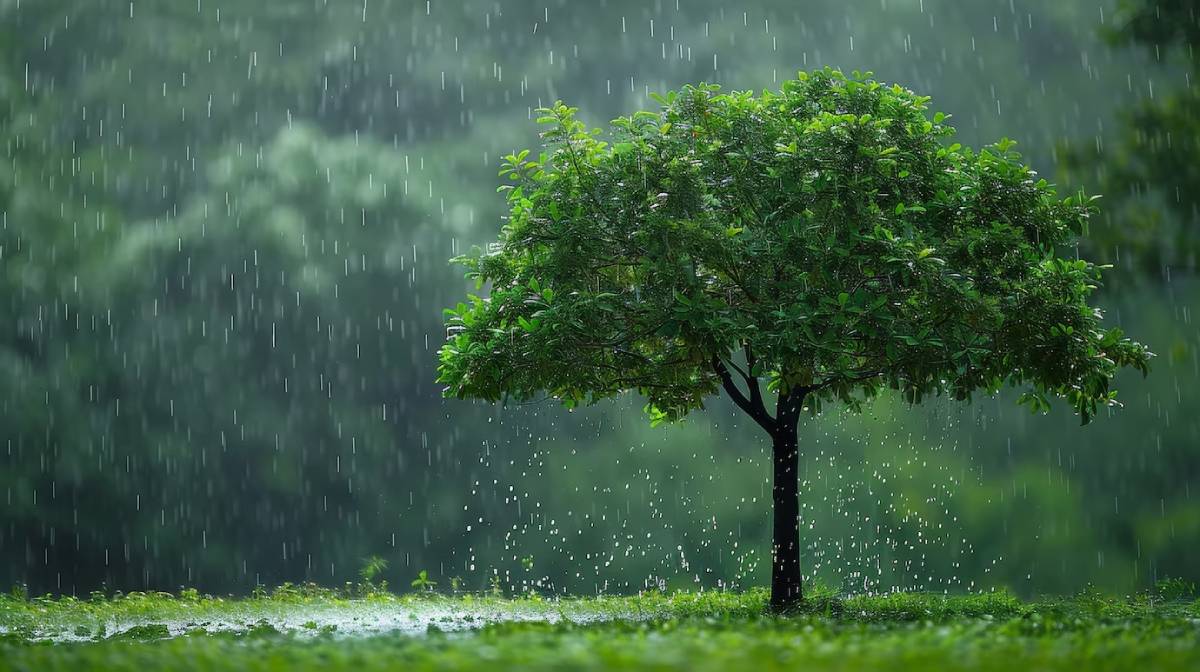
DIY Rainwater Collection System for Small Gardens
Sustainability is essential today. Gardening with the environment in mind is a step to protect it. Here is a reason to place the DIY Rainwater collection system among the most impactful eco-garden projects. This eco-friendly DIY project can save money on water bills while preserving a precious resource. Climate change is altering rainfall patterns. That means water needs to be used wisely and потaпенно. In this blog, we will explore the importance of rainwater collection. We’ll set up your system and pass on expert tips to improve it.
Key Benefits / Why It Matters
Environmental Impact
Rainwater collection is a crucial strategy in sustainable living. By capturing and utilising rainwater, you reduce the demand for local water supplies. This is particularly important in areas that experience water shortages or restrictions. By using rainwater for your garden, you contribute to a more sustainable environment, reducing your carbon footprint and helping to preserve natural ecosystems.
Cost Savings
Implementing a rainwater collection system can significantly reduce your water bills. Gardens require substantial watering, especially during dry spells. By using collected rainwater, you can cut down on the municipal water you use, leading to noticeable savings over time. Additionally, governments and local councils often offer rebates or incentives for sustainable DIY projects such as rainwater collection systems, which can further offset initial setup costs. Try going sustainable for future generations.
Improved Plant Health

Rainwater is naturally soft and free of the chemicals found in tap water, such as chlorine and fluoride, which can sometimes harm sensitive plants. By using rainwater, you provide your garden with pure, natural hydration, which can lead to healthier plants and more vibrant blooms. The absence of salts and minerals found in treated water means your soil will maintain its natural balance, promoting robust plant growth.
Additional Expert Tips & Common Mistakes to Avoid
Choosing the Right Collection System
When setting up a rainwater collection system, selecting the correct type of system for your garden is crucial. Consider the size of your garden, the average rainfall in your area, and your budget. A basic system might include a simple rain barrel, while more advanced setups could involve a series of interconnected barrels or underground storage tanks. Ensure that the system is scalable, allowing for future expansion if needed.
Proper Maintenance

A common mistake in managing a rainwater collection system is neglecting maintenance. Regularly clean your gutters and downspouts to prevent blockages that can lead to overflow or contamination. Check the barrels or tanks for leaks, and ensure the water is filtered to remove debris and avoid mosquito breeding. Proper maintenance not only provides the longevity of your system but also maintains the quality of the collected water.
Avoiding Contamination
Ensure that your collection system is made from food-grade materials to prevent contamination. Avoid using containers that previously held chemicals or other hazardous substances. It’s also advisable to cover your barrels to prevent debris from entering and to keep the water free from algae growth.
Advanced Insights / Expert Recommendations
Maximising Water Efficiency
Consider integrating a drip irrigation system to make the most of your rainwater collection system. This allows for precise watering, ensuring each plant receives the proper water directly at its roots. Drip systems are highly efficient and can be automated with timers to water during optimal times, such as early morning or late evening, reducing evaporation losses.
Incorporating Smart Technology
Those interested in taking their eco garden project to the next level should consider incorporating innovative technology. Innovative rainwater systems can monitor water levels, track usage, and predict rainfall using weather forecasts. This data can help you make informed decisions about water usage, ensuring your garden remains healthy and sustainable.
Community Engagement
Rainwater collection systems can also serve as an educational tool within your community. By sharing your experiences and knowledge, you can inspire others to adopt similar practices. Hosting workshops or open garden days can raise awareness about the benefits of sustainable living and encourage collective action towards environmental conservation.
Harnessing Rain for a Greener Garden

A DIY rainwater collection system is a fun eco garden project to implement in your little garden. It encourages sustainable living; it has immediate benefits. These benefits include cost reduction, healthier plants, and environmental protection. Plan Well As You Begin Your Sustainable DIY Journey (STEALTH) , Streamlining Your System, And celebrate your wins with others. And together, we can build a greener, more sustainable future. What will you do today in the garden to be more green?